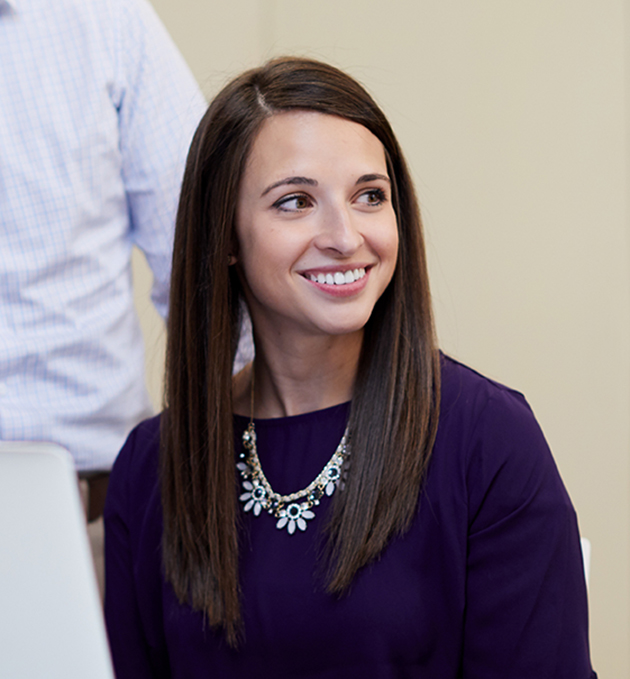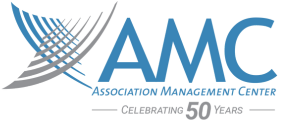
Saying ‘No’ So You Can Say ‘Yes!’
When starting a new job or role, you seek to prove yourself in any way possible. By saying “yes,” you show you are willing, capable, and eager to become active in the organization. Of course you want to be a team player. Of course you want to show what you are capable of. We all hope to establish ourselves as intelligent, hard workers in those first few months and even years on a job. But when does saying “yes” become a problem?
In season 1 of the Conversation by Associations podcast, I touch on this topic in the Mid-Career Perspectives episode. The question asked to me was, “What do you wish you could go back and tell your younger self?”
My answer:
“Believe in yourself and speak up. We want to show that we are very capable and aren’t the lazy millennials that people say that we are, so we try to do as much as possible because we see it as a failure or a weakness if we have to say no to something.”
Anyone else feel that? It’s a tough dilemma to face. The stigma of the millennial younger generation is SUCH a burden on how people perceive us, so how do we balance that?
Talk It Out
Seriously, talk to someone: your manager, a co-worker, someone at your organization whom you look up to, anyone. Share how your workload may be affecting the quality of work you produce. We tend to wait until our annual review to share how we are truly doing, but why wait when you can act on it and improve and balance your workload today? Suggest changes or create efficiencies to balance your work.
Say ‘No’
Imagine this: You’re sitting in a meeting and a volunteer is needed to take on a project; the room goes silent, but eyes seem to glance over at you. You internally repeat, “Don’t volunteer. You have too much going on. Don’t volunteer!” And then the silence becomes so unbearable that you volunteer anyway. There seems to be a collective sigh in the room as you, again, internally kick yourself. When it comes to this point, remember you can say “no” to break the silence or share that you don’t have capacity to take on another project but are willing to provide guidance (if you have knowledge that can help).
Advocate for Professional Development
If you sit at your desk all day crossing off tasks, are you growing? No, so how do you fit in professional development opportunities if you are already in too deep with tasks? Speak up. Share with your manager that “Yes!” you are interested in attending an Association Forum event, volunteering on an external committee, or simply being on a task force within your organization to gain more experience and exposure. Taking time to step away from day-to-day tasks allows you to grow personally and professionally, meet new people in the field, and bring back new ways of thinking to your organization. If you aren’t growing, neither is your association.
Bottom line: It’s ok to say “no” to work overload so you can say "yes” to education and growth.
In my early career, I struggled for a year before I told my manager I couldn’t handle my workload anymore. I felt deflated and defeated, but for my health and happiness, it had to be done. As I’ve grown in my career, I have become transparent and upfront about how I am doing and what I may be struggling with. It has been a true necessity in my growth and involvement in the association management space.
By being able to find my right workload balance, I since have been able to volunteer for the AMC Marketing SIG, AMC week and connections planning committees, AMC Technology Steering Committee, Association Forum Awards Committee, and the AAMSE Conference Planning Committee (of which I am now the chair!), and I have been asked to be a producer for the second season of the Conversation by Associations podcast. All things I would have not been able to participate in if I didn’t speak up about my workload.
Do yourself a favor: Find your balance. Say “no” if needed, and say “yes” to growing as a professional, no matter your career stage.
Allison Lundberg is a manager of marketing and communications for the American Academy of Hospice and Palliative Medicine.
If you haven’t yet, take a look at season one of Conversations by Association, a podcast co-hosted with The Collaborative.


